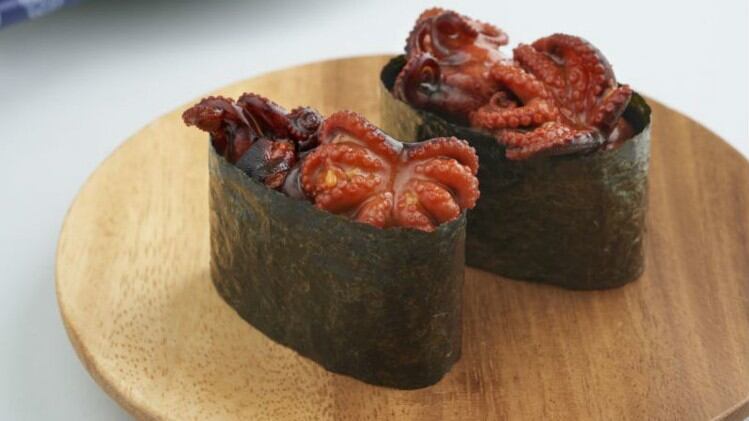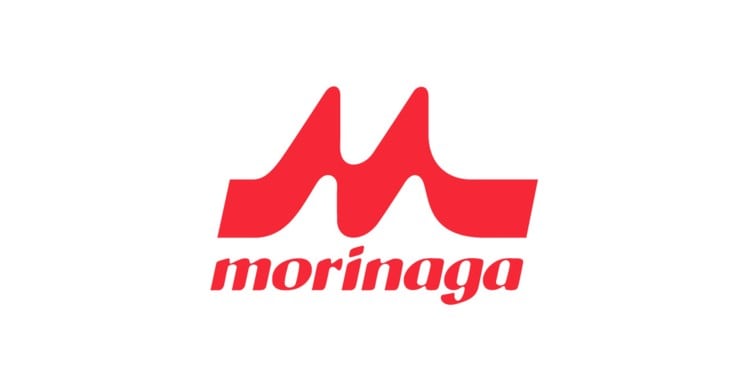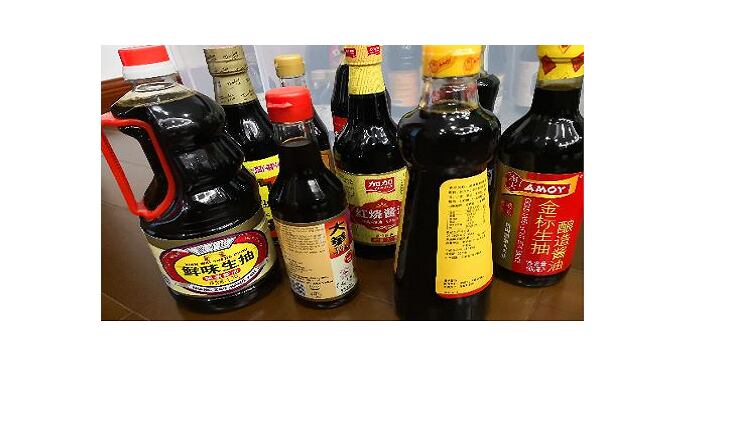Halal sushi: Japan’s Daiei Foods casting net to seize SEA seafood opportunities
Japan’s Daiei Foods is growing its portfolio of halal seafood products, buoyed by the recent success it has found in Malaysia.
Since starting its halal business last March, it has gone on to gain halal certification from the Malaysian Islamic Development Department (JAKIM) for seven food products.
The Kanagawa based firm currently supplies finished halal seafood products to Sushi King, a sushi chain in Malaysia, and has plans to go further afield.
Reviving sake-kasu: Japanese firm powers on with digestion-aiding powder products
Farm8, a food innovation and manufacturing firm in Japan, is giving sake-kasu a new lease of life by incorporating it into beverages, confectionery, seasonings, and sweets.
Its range of sake-kasu products went on sale in Japan during this spring and the firm is planning to market the products abroad.
Sake-kasu is the leftovers of fermented rice during the production of sake. It is traditionally used as a pickling agent.
Prolamin, the resistant protein present in sake-kasu could improve digestive health, the company claimed.
Business is brewing: How Australia is steaming ahead with green tea exports to Japan
The Australian Green Tea Co-operative is planting rising numbers of green tea to keep up with Asia’s demand for it, in collaboration with Japanese tea company Kunitaro.
The key to success for the green tea export business here is geography and production cycle, enabling Australia to fill in supply gaps for Japan, according to Australian Green Tea Cooperative founder John Robb.
"Because we're southern-hemisphere production, we're out of sync with the Japanese production cycle, so they can have fresh tea at two different times of the year," he said.
Organic packaged food remains niche in Japan, with confectionery the fastest-growing category
Organic packaged food saw a higher demand in Japan last year, and organic confectionery was the fastest-growing category.
Last year, organic packaged food experienced a value growth of 1%, achieving sales of US$371 million (42 billion yen).
The category is expected to see a 1% CAGR to reach USD$389 million (44 billion yen) in 2022.
Organic confectionery saw the greatest growth, with sales growing by 4% to reach USD$3.5 million (400 million yen) last year.
‘It’s political and not scientific’: Taiwan confirms ‘nuclear food referendum’ to proceed as Japan voices disappointment
Taiwan will hold a referendum on ‘nuclear food’ imports from Japan alongside its local elections next month.
This was after strong ‘anti-nuclear food’ campaigning by the opposition Kuomintang (KMT) party resulted in some 470,000 signatures calling for the referendum. Only 280,000 signatures are required to legally hold a referendum.
The referendum will be held on November 24 alongside local elections for municipalities, counties and townships, as announced by the Taiwan Central Election Commission.





